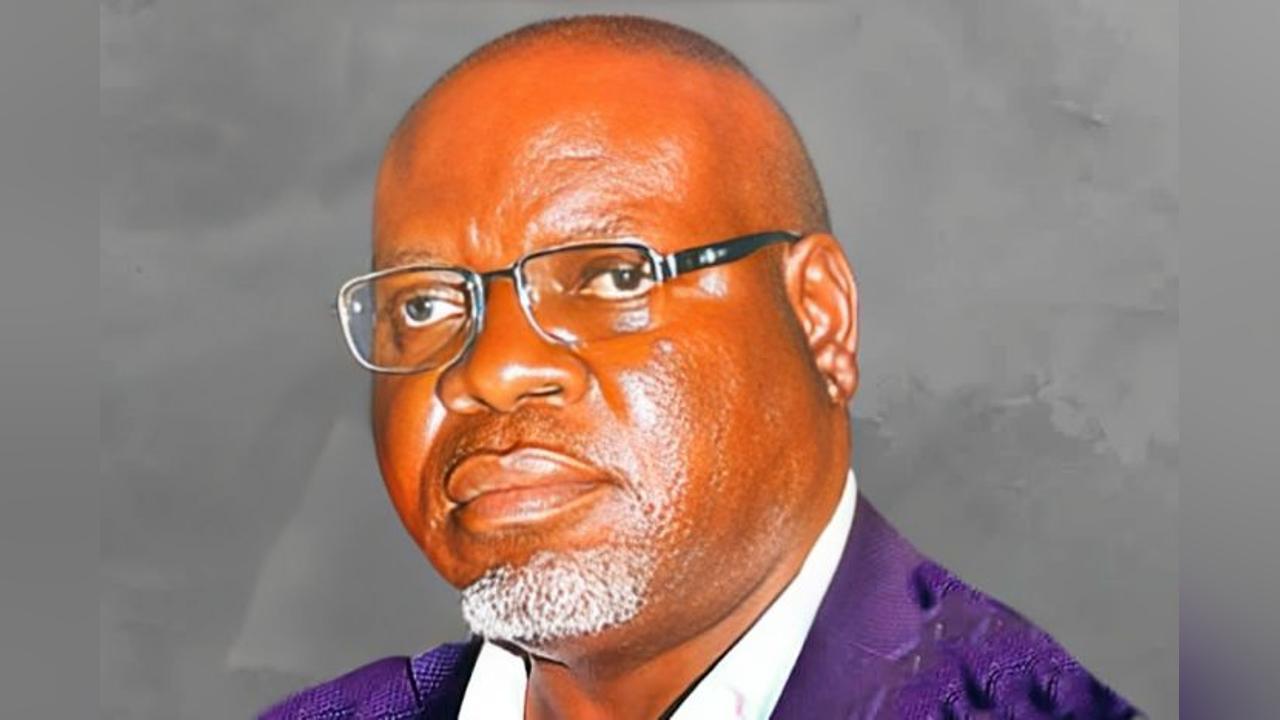By Rafael Morais
Africa-Press – Angola. Africa continues to take to the United Nations podium with fiery speeches of peace, justice, and sovereignty. However, upon returning to their respective countries, many of these African leaders impose policies that resemble true political terrorism, suffocating their opponents, manipulating the justice system, controlling the press, and governing through fear. These are not bombs or kidnappings, but a silent terror that paralyzes entire societies, kills dreams, and destroys generations.
While proclaiming peace abroad, they enrich international banks with African money. These contracts have values that raise doubts, uncontrolled export of resources, and capital flight fuel foreign economies, while the African people are left with dilapidated roads, hospitals without medicine, and poor education. The paradox is cruel: the children of Africa finance the comforts of other continents and inherit misery within their borders.
Fifty years after independence, many countries have still not managed to train enough professionals to replace foreign technicians. Major infrastructure projects continue to be built by imported engineers, hospitals designed by foreign consultants, and even agriculture, the continent’s vital resource, is often planned abroad. Dependence has become the most impeccable form of modern slavery, carefully maintained by leaders who profit from it.
Africa is not poor. It is rich in resources, culture, and talent, but it is victimized by politicians who behave like veritable terrorists against their own people, preferring the perpetuation of dependence over collective emancipation. Essentially, the continent lives a painful paradox: it cries out for peace on the international stage, yet keeps its people hostage to poverty, ignorance, and exclusion.
Africa’s liberation will not come from grandiose speeches in New York, but from the courage to break the cycle of terrorist politics, which governs for itself and for foreigners. The continent’s future will depend on the choice between continuing to export wealth and import talent, or investing in itself, training generations capable of liberating Africa from the political and intellectual slavery that has held it hostage for decades.
For More News And Analysis About Angola Follow Africa-Press






